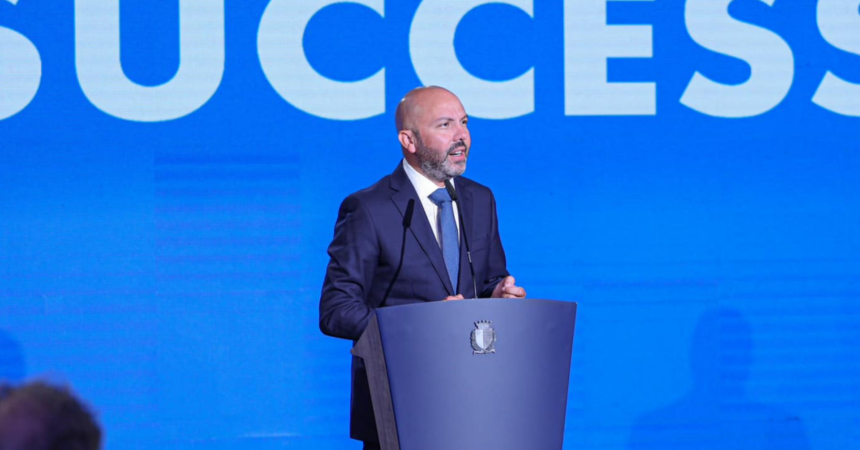Significant differences in two studies commissioned by the Malta Film Commission a year apart looking into the effectiveness of a controversial cash rebate scheme are down to TVM’s “interpretation” and “reporting”, according to the economist behind them.
The two studies, one from last week and another from January 2022, both unpublished, were reported to have found different levels of the scheme’s effectiveness.
Film Commissioner Johann Grech and Tourism Minister Clayton Bartolo claimed in a press conference last week that a study found that for every €1 spent by the government in rebates for film productions in 2022, €3 is re-invested into the local economy. A TVM report on a study covering 2021 placed the value at €1.70.
The Malta Film Commission offers productions a controversial 40% cash rebate on their spending.
The Times reported how €47 million of taxpayer funds had been committed to the Gladiator sequel as part of the scheme, with €143 million dished out to other productions over the past five years.
The differences raise questions, especially considering changes made last year to the cash rebate scheme, which allowed for more spending outside the local economy in a bid to make the scheme more attractive.
The Shift contacted Jessica Camilleri, the economist behind both studies, to explain the differences in the reported economic multiplier effects of the rebate scheme.
Camilleri said, “The previous reports [from January 2022] did not estimate a multiplier effect,” claiming that it only estimated economic contribution “as per data provided and presented by the Malta Film Commission.”
She claimed she only gave an example of how direct investments translate into economic contribution and that she has “no control over the manner in which such results are interpreted or reported by other news entities.”
TVM reported last year the study found that “for every €1 that Malta is investing in the film industry, the economy took back around €1.7,” quoting an example by Camilleri in which she said, “If you have an investment of €70 million which was spent, this money is then spent by employees in the economy. So if I had to give an estimate, it comes to almost €120 million.”
Referencing the newer study from last week, Camilleri said it did “feature a multiplier value of effect estimate, and as such, I referenced it accordingly.”
Requests for further clarification on why data was not independently sourced in the earlier study and for further clarifications remain unanswered at the time of publication.
Despite significant differences in the reported effects of the cash rebate system, both studies remain unpublished by the Film Commission. Grech and Bartolo claim they were legally advised not to release the data to the public.
Film producers who spoke to The Shift last week complained of a lack of publicly available data and studies in the local film industry, claiming “the authorities treat the sector as a black box that no one can even start to analyse.”














When a report is subject to interpretation then the author is an incompetent .
Best research findings money can buy! Just ask Jessica.